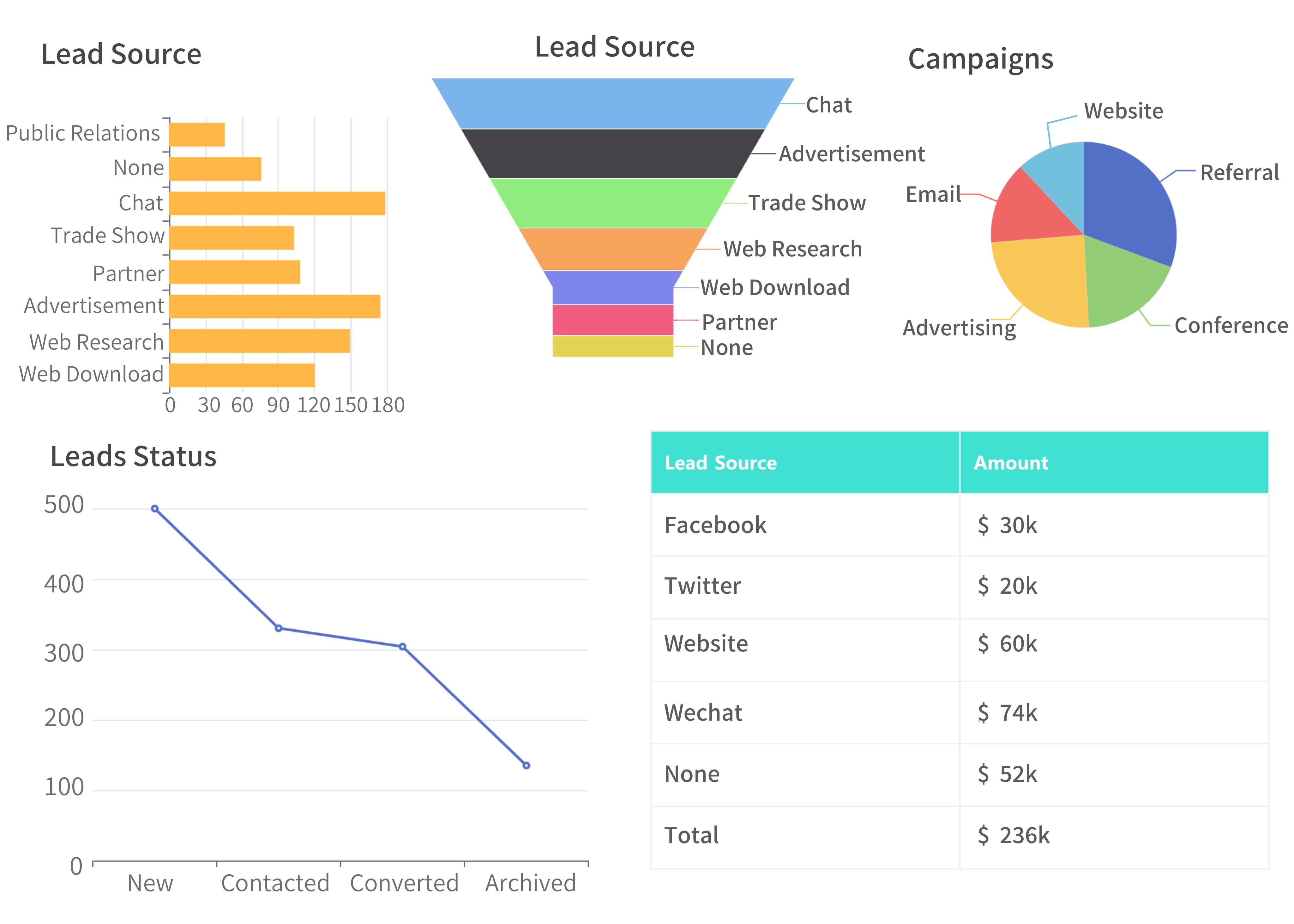
What is CRM Management System
October 14, 2025In today’s business world, customer expectations are higher than ever, and companies are relying on technology to keep up. One of the most important tools driving this shift is the CRM management system. CRM, or Customer Relationship Management, is more than just software—it is a strategy that combines technology and processes to help businesses manage interactions with customers and prospects efficiently.
A CRM management system serves as a centralized hub where all customer data is collected, stored, and organized. This includes contact details, purchase history, communication records, and service requests. By keeping everything in one place, businesses gain a 360-degree view of their customers, enabling teams to deliver personalized experiences, respond faster to inquiries, and build stronger long-term relationships.
The system also plays a vital role in sales and marketing. Sales teams can track leads, monitor progress, and set reminders to follow up, while marketers can use CRM tools to segment audiences and send targeted campaigns. Many modern CRM platforms come equipped with automation features that reduce repetitive tasks, improving productivity and freeing employees to focus on higher-value work.
Another advantage is accessibility. With the growth of cloud-based and mobile CRM solutions, teams can update records, analyze performance, and communicate with clients from anywhere. This flexibility is especially important for businesses operating in remote or hybrid work environments.
Experts note that the future of CRM management systems will be shaped by artificial intelligence and predictive analytics. These technologies are expected to provide deeper insights into customer behavior, helping companies anticipate needs and deliver proactive service.
Overall, the CRM management system has evolved into a cornerstone of digital business strategy. Organizations that embrace it are not only improving efficiency but also ensuring sustainable growth by putting customers at the center of every decision.









